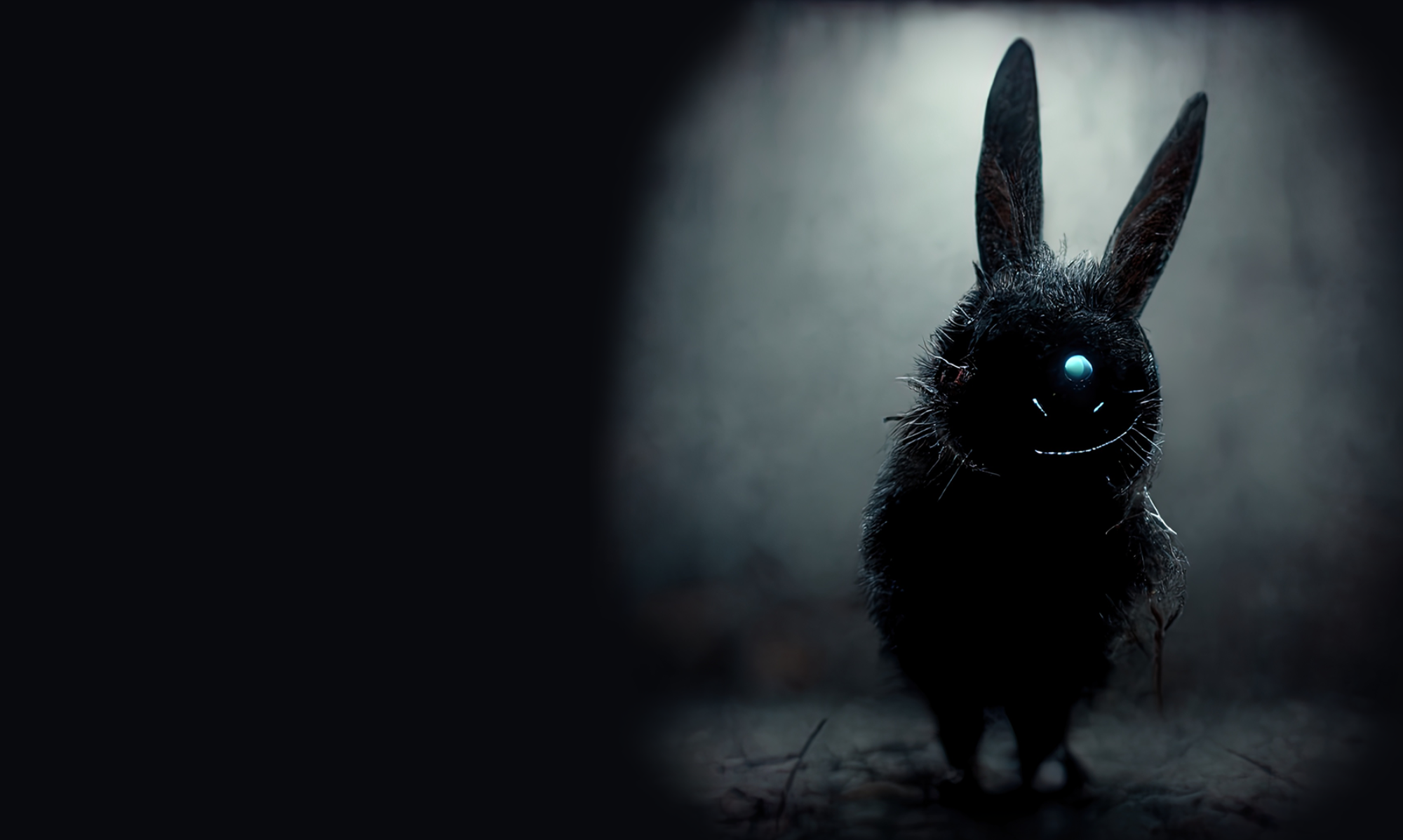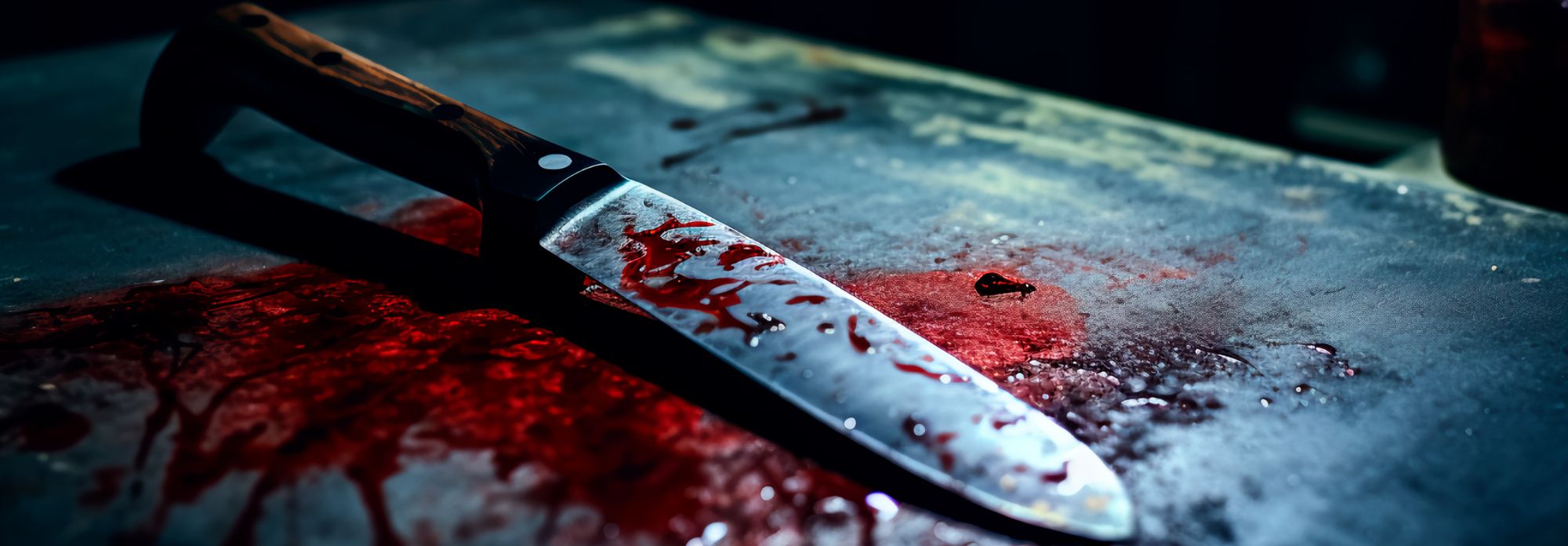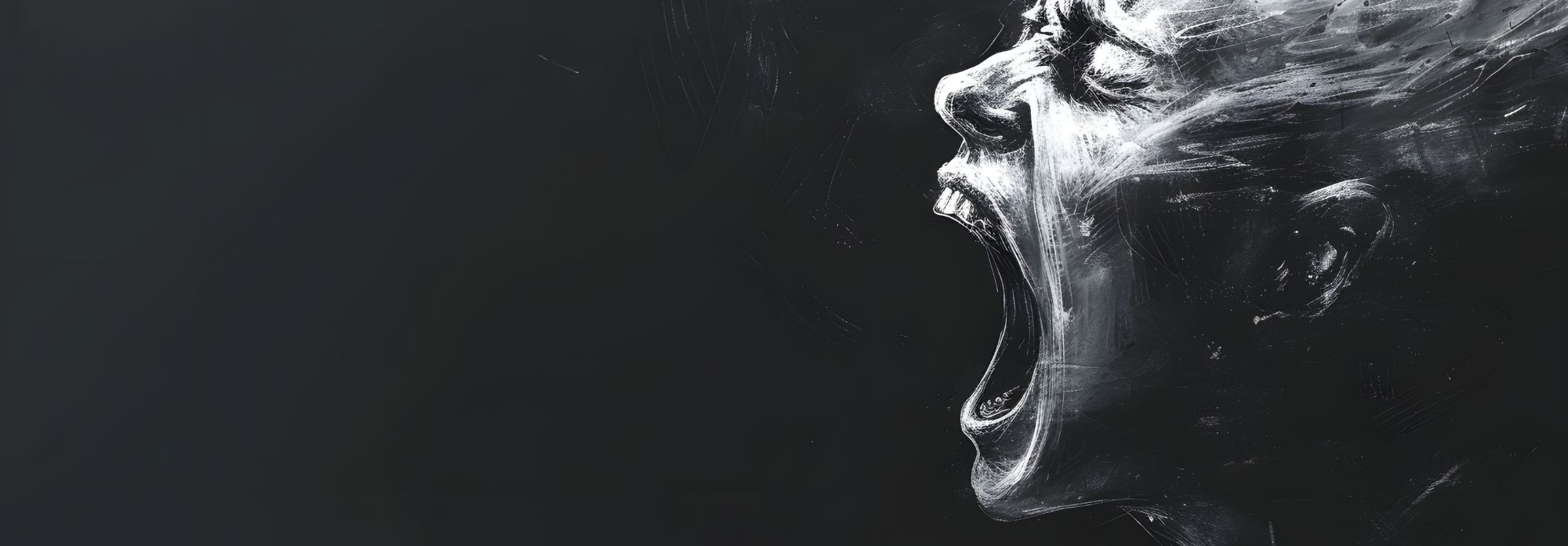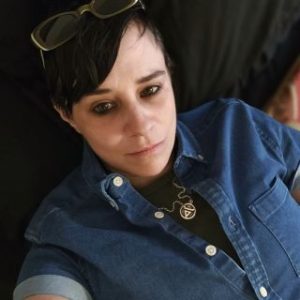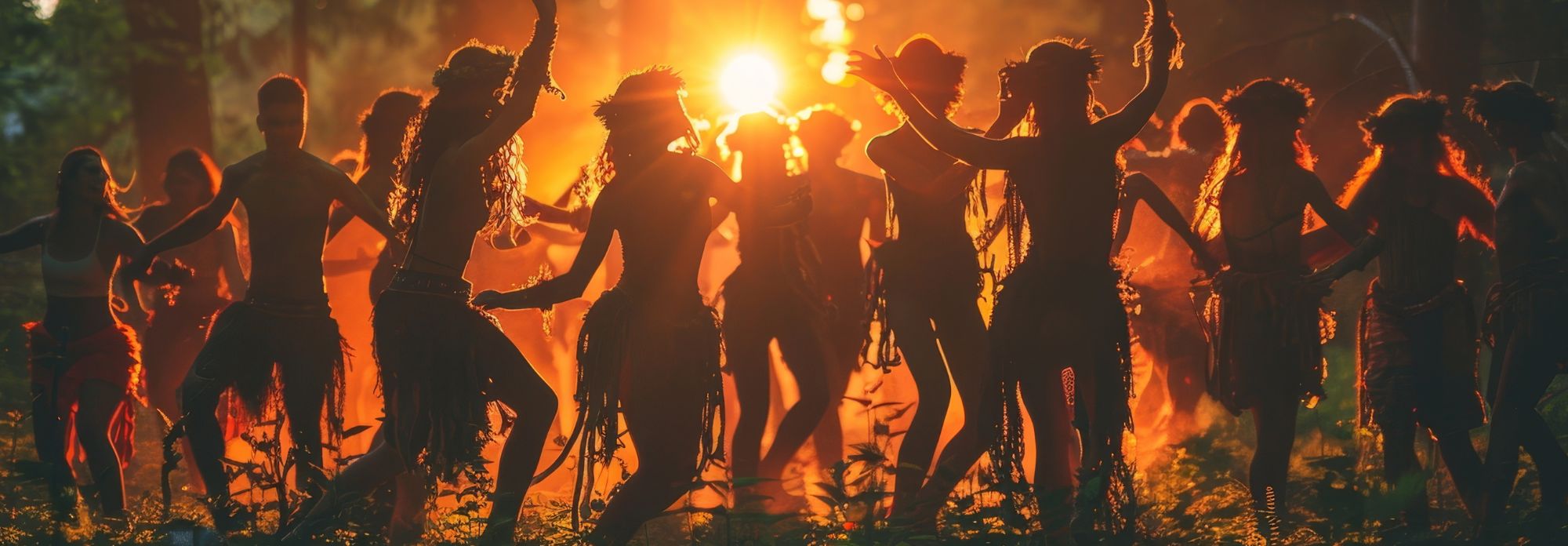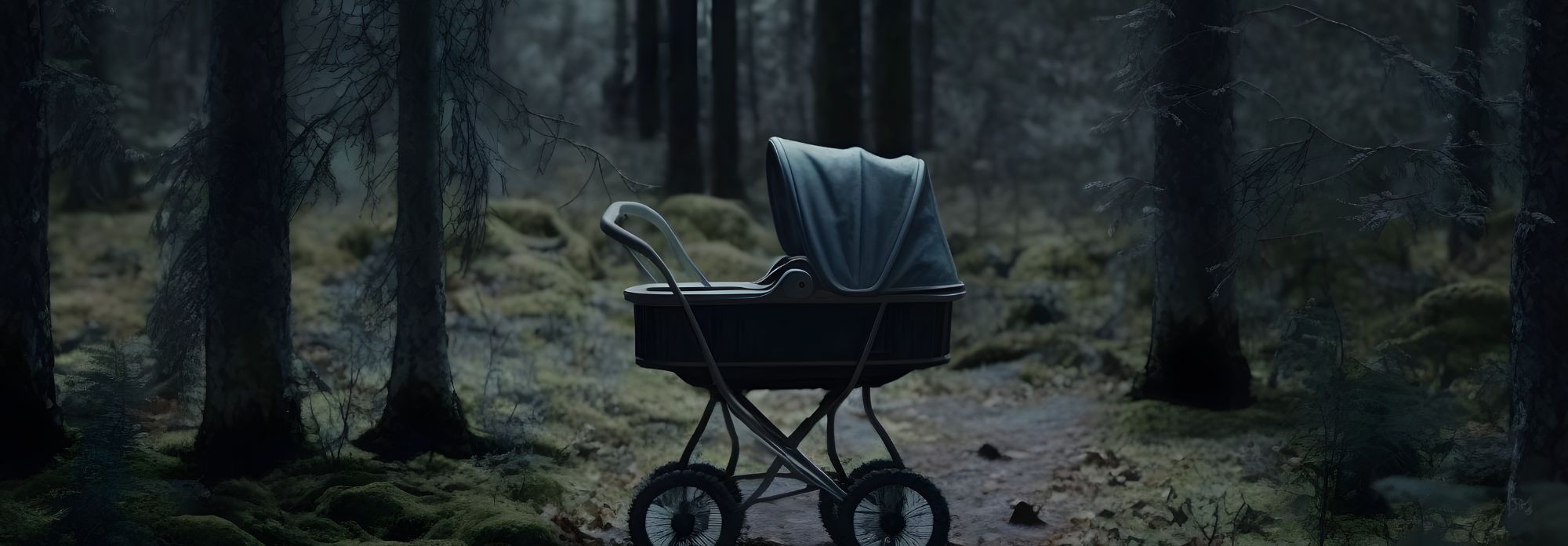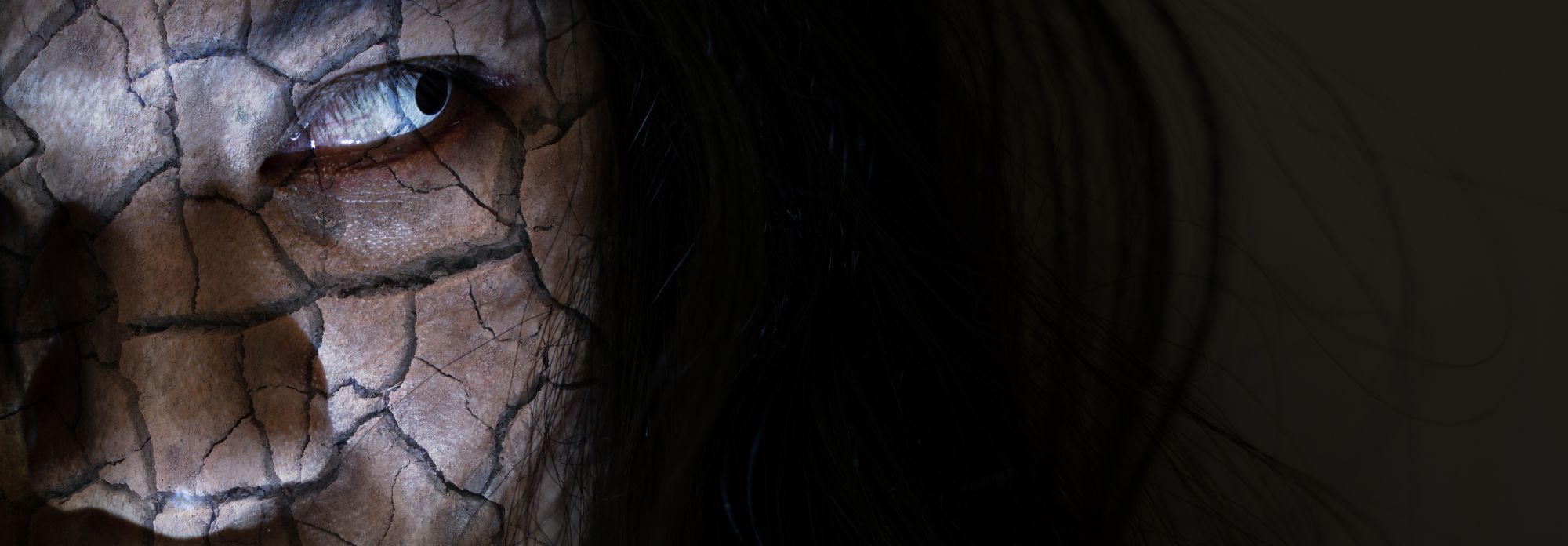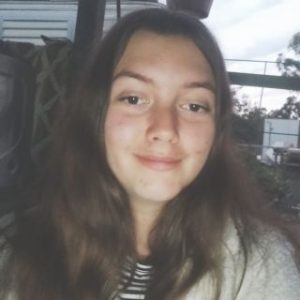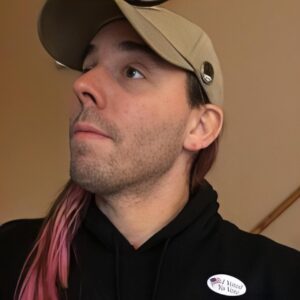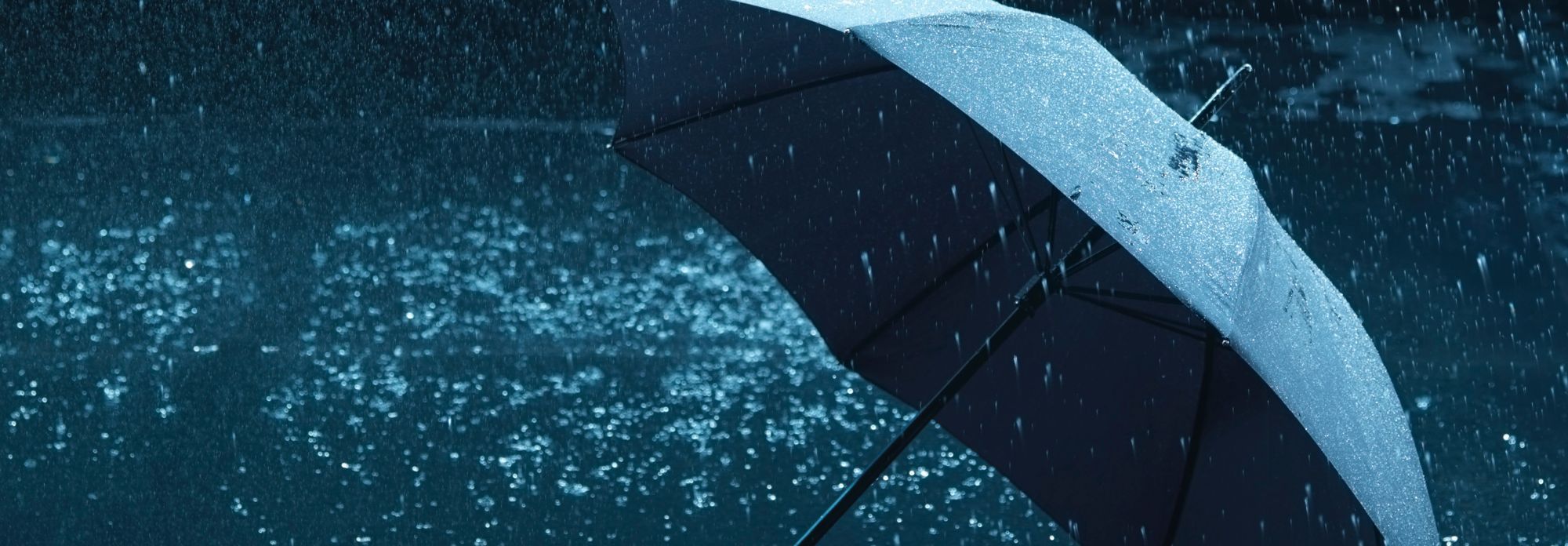The phone rang once before a man unexpectedly answered, offering a brusque, “Hello,” followed by a pause, and then, “Sunset House Seafood, California’s finest dining. How may I help you?”
He replied in a low voice, even though it was eight in the morning and Bonnie, her snoring a cat’s purr from across the room, was usually up by this time. “Oh, hi. I didn’t expect to reach anyone this early. I was going to leave a message. So, uh, I made this dinner reservation online, and I filled out a special request, but I wanted to confirm the request.”
“Which was?”
“It’s my father-in-law’s eightieth birthday.” He wasn’t sure if this was true. “And we’d like to get window seats, a table by the windows. So, we can watch the sunset.”
“I believe we can accommodate that request. For such a special day,” the man acceded, his voice oily smooth. “I see your reservation here. Defoe. Party of four at seven thirty tonight. Correct?”
“Right.”
“Consider it done. Where are you coming from?”
“We flew in two days ago from Philadelphia.”
“I meant from what town are you driving?”
“Oh. We’re staying up in Carlsberry.”
“Might I suggest bypassing Route 5 and driving down to Cardiff using Route 101 along the ocean. It’s a beautiful view of the Pacific, and it only takes ten extra minutes.”
“Sounds good, thank you. So, uh, why are you working so early?”
“Inventory.” The man paused, his next words deadpan. “We wouldn’t want to lose any customers.”
The way the man said it.
He wasn’t sure how counting inventory would keep a restaurant from losing its customers. Instead of asking about that, though, he replied, “Thank you for helping me.”
“Certainly. You are all accounted for. I’m checking the boxes now. Bonnie Defoe, August Stevenson, Layla Stevenson, and…” the man said, before lowering his voice to a murmur, “…Defoe. It’s all set.”
“How do you know our names?”
“You have a good day as well. See you this evening. Goodbye.” The man disconnected.
He stared at his phone. So odd. Did I type in our names? Maybe I did?
Across the dim hotel room, Bonnie stirred. She shrugged down the covers, stretched her arms, and shimmied her body, the sheets peeling from her slim torso as if she were a caterpillar wriggling from its cocoon, flaxen hair waterfalling around high cheekbones, arms weathered from years in the sun. “Who were you talking to on the phone so early?”
“I got us window seats at Sunset House tonight for August’s eightieth birthday. I called to leave a message and the guy was there doing inventory.”
“My dad just turned eighty-one. What guy?”
“I guess it was a manager. Anyway…” He slid stomach first onto the bed, striking an Upward Dog pose and pecking Bonnie’s lips. “I think we’re alone now,” he said playfully.
“Oh, you’re alone, alright.” She chuckled. “Let’s go eat. It’s a quarter to eight. The breakfast buffet should be open.”
***
Bonnie stood over him, a bowl of oatmeal in one hand, coffee in the other, gray Penn State sweatshirt hanging mid-thigh over gray tights. She jutted her chin at the floor-to-ceiling window beside their table. “We should sit outside. It’s nice out there, but overcast so the sun won’t get you, and there are lots of tables in the courtyard.”
She was right. Only a young couple and their baby sat outside, far away near the fire pit. Up and down the narrow aisle, the other outside tables were empty.
“There’s a two-seater by the pool-area enclosure right over there.” She nodded at a table beside the chest-high glass wall ringing the small pool.
“I saw a yellowjacket by the trash can outside. It’s safer in here.”
“You and bees.” She rolled her eyes and sat. “Wouldn’t want to get stung.” She sipped her coffee.
“So, what’s on the docket for today? Before we go to dinner.”
“Bobby and Carli want to go to the grown ups’ pool at the time share. The Palisades.”
He held his arms straight in front of himself, lobster skin poking from his light gray T-shirt. “I can’t go outside. I’m burned from the beach yesterday.”
She sighed, swallowing a bite of oatmeal. “So, find a cabana by the pool or wear long sleeves. Or sit inside at the back of the lobby and watch us through the windows.”
“Speaking of watching through windows, whose kids are running around out there?”
“What?”
He leaned over the table, lowering his voice. “See those two little kids running up and down the aisle outside?” He glanced at the windows.
“Oh. I see.” She gazed through the window at the boy and the girl racing shoeless up and down the aisle between the tables. Both skinny, bird chested, and wearing dark gray bathing suits, the girl in a bikini and the boy wearing trunks, no top. The youngsters’ open mouths suggested they were screeching (or something), although no sound made its way through the windows. “Should we tell somebod— Oh, there’s Mom.” A pretty, youngish woman in gray sweats, her blonde-hair hair in a messy bun, had marched up and clamped a hand on each of the children’s shoulders. She steered them through the door, into the dining area, and toward the food.
A lanky man in gray sweats, high cheekbones and dark hair poking every which way, ambled through the door. The man’s fingers grazed Mom’s lower back for an affectionate instant, and he patted his son’s head as the shirtless little boy rushed by with a full bowl of rainbow-colored cereal, sloshing milk.
“There’s Dad,” he whispered. “I remember those days when our kids were young and full of excitement.” He turned back to his wife. “So, Kayla’s kids want to go to the resort pool?” Kayla, their niece, was the daughter of Bonnie’s older brother, Kevin. Bobby and Carli, Kayla’s twins, were six.
“Yes.”
“Sounds good.”
They ate in silence for a few minutes.
“Look, there are two more kids running around out there. Inside the glass enclosure to the pool area.” He pointed. “I don’t see a parent in there. That doesn’t seem safe, them racing around the edge of the pool without a parent watching.”
Bonnie squinted at the two children scampering around the rectangular pool. “What is it with kids wearing bathing suits this morning? And their skin looks…gray.”
He narrowed his eyes. Like actors in a silent movie, the two skinny children silently whooped as they circled the edge of the pool. The little ones’ skin did seem an odd shade of gray, and their edges were blurry. He had trouble determining where their bodies ended and where the air began or even what kind of hair they had—straight or curly, or short or long? Their large, blue eyes…glowed? Yes, glowed. Soft, luminescent blue, like the floats of radiant Portuguese men o’ war bobbing in the ocean. “Their eyes. Look at their eyes.”
“What about their eyes?” Did she not see it? “They must be brother and sister, little gray things. Where are their parents?”
Are they a boy and girl? he wondered. The children’s suits, if they wore any, blended with their shadowy, gray skin, making them seem naked—skinny, nude, alien children whipping around the white concrete lip of the pool. “We should tell the front desk.” He peered through the breakfast area at the reception desk in the adjoining lobby.
“Wait, there’s a woman going into the pool area.” Bonnie pointed discreetly. “It’s Mom from before. They can’t be her kids, too, can they?”
Mom and Dad, the good-looking couple with the bathing-suit-clad children, had sat at a table beside the pool area’s glass enclosure. Their two kids munched cereal, ignoring the blurred youths scurrying around the pool. Dad, though, stopped eating and eyed his partner as she entered the pool area and approached the gray children, who now stood ankle deep on the pool steps.
“Good for Mom, taking charge,” Bonnie breathed. “See, she’s grabbing their hands. She’ll get them out of there.”
“I think it’s the other way around.” Indeed, the mysterious children had bracketed Mom, and each of them had clasped one of her hands. “What the hell?” he muttered as the gray tikes walked Mom down the steps of the pool and into the still water. The children’s heads disappeared first; the pool was dark beneath the overcast sky, and their eyes shone beneath the surface, the water around them glowing bright blue. Mom vanished next, her body and then her face and messy bun slipping under.
He rocketed to his feet the same time Dad leaped from his table, the man’s loud, horrific cry vibrating its way through the building’s windows. Dad raced through the pool gate and jumped into the water feet first, sinking with barely a splash. Dad’s children continued to munch their fruity cereal as if nothing odd had occurred.
Eyes wide, he watched from his window seat. “He’ll get her out of the pool.”
“Get who out?” Bonnie sipped her coffee. “Why is that man swimming?”
“Jesus, Bonnie, his wife disappeared! Mom. Those little gray ones took her into the pool. You saw her go under, right?”
“What?” Bonnie, eyes glazed, slurped a spoonful of oatmeal. “Gray ones?”
Dad, dripping, burst through the door to the dining area and bounded into the adjacent lobby in several great strides. He shouted at the receptionist, his words echoing through the lobby and dining area. “My wife! The gray kids took her! She’s gone! She’s gone!”
Outside the windows, his children crunched their cereal.
“Sir, you need to calm down, or we’ll be forced to call the police.”
“I’ve got to help him,” he said. Although Bonnie hissed at him to stay out of it, he rose, crossed into the lobby, and spoke to the receptionist. “I saw it all happen. The kids took his wife into the pool, and now she’s gone.”
Dad pointed at him. “See? I’m not crazy. He saw it, too. The two mummy kids with the blue eyes took her!”
The receptionist held out her palm like a granite stop sign. “Sir, I need you to go back and sit with your wife. The police are here.”
“What?”
Two large men in dress blues marched into the area. One blocked his way while the other, without warning, tackled Dad, who grunted and moaned.
“Sir, go back to the window,” commanded the officer blocking his way as the other cop led away Dad, weeping and muttering, hands cuffed behind his back.
“But his kids. They’re alone now.” He swung his head toward the window. The cereal-munching children were gone. The table where Mom, Dad, and children had been sitting was spotless as if nobody had been sitting there.
“Sir, go back to your wife at the window seat. Nothing to see here.”
He blinked. “Nothing to see here?”
“Nothing to see here. Please return to your seat.” The officer’s heavy hand found his shoulder, steering him back to his window seat, to Bonnie, her face sour.
“Thank you for bringing him back, officer. Are you done?” she spat.
“But the woman, Mom, she got taken by those kids. Drowned.”
The officer turned his back on them and marched through the lobby and out of the front doors of the hotel. Bonnie shook her head. “Why are you causing trouble? That man was obviously disturbed, jumping into the pool and running in here screaming like that.”
He blinked again. Had he seen what he saw? His mouth grew dry, his skin shivery. “I–I guess he was…troubled.”
Bonnie rose. “Let’s go. It’s time to shower and get ready to go to the time-share pool. We’re meeting Kayla there at ten thirty.”
***
From his floor-to-ceiling window seat in the back of the cavernous lobby of the Grand California Palisades, he watched his grandnephew, Bobby, and grandniece, Carli, skitter around the edge of the Olympic-sized adult pool.
He blinked. The morning’s events seemed like a dream. Maybe the things he thought he’d seen hadn’t happened at all. He alternately glanced from Kayla’s children to the cabanas, which were all occupied, forcing him to sit inside the building.
Bonnie’s brother, Kevin, sat on a chaise lounge between his sister and his daughter, Kayla. Kevin was a part-owner of the Palisades corporation and the hilltop resort, the reason why Kayla’s children were able to cavort around the adult pool.
And now Kevin was striding into the lobby.
“Hey.” Kevin sat across from him in a beige chair with a muted orange and green tropical pattern.
“Hey.”
“Bonnie told me you almost got into some trouble this morning.”
“I–I don’t know.”
“There was a crazy guy at your hotel. You interfered with the police making an arrest.” Kevin was friends with many of the town’s officers.
“Maybe you could ask them about the…missing woman.” He whispered these last two words. “She was taken into the pool. By two gray children.”
Kevin shook his head. “There’s no missing woman. No missing children.”
He stared out of the plate-glass windows. A full-bodied man in Speedos stood on the top step of the pool, his belly distended over spindly legs that disappeared into the water. Bobby and Carli were racing toward the man.
No, not Bobby and Carli. The two gray children. Rushing around the large pool’s edge. The gray ones zipped around the corner and halted beside the man. Their eyes pulsed neon blue, like the glowing lures of anglerfish lurking deep, deep in the ocean. They each took one of the man’s hands and walked him down the pool steps. The children’s heads slid beneath the water, followed by the man’s head, the crown of his bald dome dipping beneath the surface like a shiny puffer fish.
“What in Hell?” He leaped up and raced out the back doors of the resort. He stopped at the pool’s edge, staring into the water. The pool was empty, except for a few people huddled in the water on the far side. The man was gone, no sign of him or the gray children.
This can’t be.
Kevin jogged up behind him. “You okay, guy?”
Bonnie called out from the other side of the pool. “What’s up, hon?”
He swallowed hard, a chill shuddering through him. “Nothing. Thought I saw something. I’m fine.”
“We’re ordering lunch. Come on over,” Bonnie called. Beside her, Kayla swaddled her twins in white, terrycloth pool robes.
“Uh…” He stared at the calm, turquoise pool. Was he hallucinating? Maybe? “Okay, coming.”
***
The waiter looked like a movie star, with dark bushy eyebrows and slicked-back dark hair, his apron crisp and white. He stood soldierlike, his hands clasped dutifully behind his back. “The sunset is beautiful, isn’t it?” the waiter asked rhetorically.
“Sure is,” August and Layla, Bonnie’s parents, replied together.
“Yes. Breathtaking,” Bonnie answered, gazing out the restaurant’s plate-glass windows. Her eyes traveled past the white boulders ringing the back of the restaurant, across the water lapping the sand, all the way to the setting sun, a glowing fireball hovering above the spectral ocean. His wife elbowed his ribs. “Don’t you think it’s gorgeous, hon?”
He had been thinking about Mom—the blonde-haired woman from breakfast. Had she truly disappeared into their hotel pool, same as the large man in the Speedos at the Grand California Palisades resort? Or had neither of those people ever existed? Was he losing his mind?
The waiter, brimming with assurance, was speaking. “Might I suggest some champagne to start the evening, to celebrate such a momentous birthday. Perhaps the 2008 Louis Roederer Cristal. It’s only fifteen thousand dollars, and it’s well worth it.”
He couldn’t even afford to stay at the Palisades. “I don’t think—”
“And it comes with a free appetizer. A side of elucidation.”
“That sounds good,” August mumbled.
“Oh, I like that.” Bonnie nodded, her eyes on the wine menu. “Revelation,” she murmured.
The waiter was speaking to the table now but looking at him. “You see, Rob, as the meal goes on, you’ll remember things. Things you think you know.” The server’s upper lip twitched.
“My name isn’t Rob.”
“Exactly, Jason.” The server continued. “Memories will flash in your mind, and you’ll think you understand what’s happening.”
I’m not Jason either.
The man’s hand swung from behind his back, producing a large white plate with a charred petite filet in its center. Wisps of smoke rose from the overcooked dish. The smell of badly seared meat, the stench of sizzled flesh, assaulted his nostrils. “You’ll smell this burnt steak and think of the large, Speedos-wearing man at the resort, his red and green plaid shirt on fire as he screams and stumbles down the aisle of the plane.”
This memory, exactly as the waiter described it, flashed in his mind. Could it be?
“Mmm, burnt meat,” Bonnie murmured.
“What?” he mumbled, swallowing hard, his lower lip quivering.
The waiter laid the plate with the black lump of beef in the center of the table. He produced another large, white plate from behind his back, this one cluttered with six large oysters on half shells. The odor of sea water tinged with something rotten wrinkled his nose.
“See these?” The waiter’s voice was oily smooth.
Is this the man who confirmed my reservation earlier?
“You’ll smell these tainted oysters, Mat, and you’ll think of the ocean rushing into your airliner, half submerged. You’ll recall the salty water pouring in through the gap in the hull and crashing over your head. Filling your burning lungs.”
The waiter placed the rank oysters in the center of the table beside the overdone filet.
The man’s hand swung out again, now holding a thin, rectangular plate of seaweed-wrapped sashimi. The waiter waved the plate under his nose. The disgusting odor of decaying flesh, like a whale rotting on a beach, filled his nasal cavity.
“Do you like that dish, Mat? That’s seaweed wrapped around your dead, bloated body, with crabs and little fish nibbling at your soggy, rubbery skin.”
A fist squeezed at his stomach, and he bit his bottom lip. “My name isn’t Mat. Was I–were we in a plane crash?”
“What a silly question,” Bonnie snapped. “We’ll order that bottle of Cristal. Right, Daddy?”
“Sure,” August muttered. “These are great window seats. Such a view.”
The swollen crimson sun had dipped below the water, painting the sky with bright pink brushstrokes, magenta strands like the inside of the bell of a luminescent jellyfish.
“Was I in a plane crash?” he asked the waiter again.
The man shook his head. “In truth, Rob, no. Your plane landed just fine. Otherwise, your name would be Rob. Or whatever. But it’s fun to think maybe there was a plane crash. Devilishly pleasurable to pretend all of this”—the waiter waved his hand toward the boulders and the beach outside the plate-glass windows—“is, perhaps, explainable. However, there was no plane crash. There is only deep, deep water. Oh, look, there they are again. The gray ones are outside, all by themselves.” The waiter clucked once, pointing at the great stones between the windows and the beach. Outside the glass, the two enigmatic children, their bodies turned even darker, storm-cloud gray, danced and skipped among the large, white rocks, which were spotlit by halogen lamps fixed along the roof’s edge. “That doesn’t seem safe for them to be out there alone, does it? Why don’t you go and retrieve those children, Rob? Bring them inside to safety. In the meantime, I’ll pour that Cristal for the rest of your party while they watch your efforts.”
The colorless urchins darted behind the stones, their dark gray faces peeking out, large glowing blue eyes fixed on him. The two alien babies cautiously emerged from their hiding places, after which they clasped hands and scuttled sideways like bugs toward the dark water.
An urge rose from his belly into his chest, filtering through his brain, emerging as two words: Save them. He leaped from his seat, chair legs scraping the hard wood floor as he sprinted for the door at the far end of the dining room, rushing through the portal that led to the beach.
“Where are you going, hon? The Cristal’s not even here yet,” Bonnie shouted after him.
But he was completely out of the door.
Running toward the lapping water, toward the gray children.
The two obscure, silhouetted figures held hands at the shoreline beneath a pale moon. Breathing heavily, he reached them, extended his hands, and grasped their slender fingers. A calm flowed through him as their tiny icicle hands gripped his. “Safe. You’re safe. You were on the plane, running up and down the aisle. But I saved you. I got you out. I got you. You’re safe now.”
The three of them were ankle deep, all of them heading into the deep, dark sea.
He was leading them to safety. He was the hero.
Waist deep.
Good, the children breathed into his mind.
Chest deep.
Beneath the surface, the children’s hands turned slimy, fingers disappearing, falling away from his hands. Slick snakes coiled around his wrists and forearms, and he gazed down. The tentacles winding around his arms glowed bright blue. Prickles of pain bled into his skin where miniscule teeth, hidden inside tiny suckers, bit down on his flesh, the agony intensifying like hundreds of stinging yellowjackets. But no matter, he thought, biting down on his tongue to distract from the pain. The children were leading him to safety now. He was sure of it. They were saving him, weren’t they? From the plane crash. Yes. He was Rob, and his plane had crashed. This had to have meaning. Somebody was saving somebody. The water, luminescent blue all around him, tickled his chin, and he swallowed something soft and wet. An oyster? No, his own tongue, his mouth filled with the coppery taste of his blood. It hurt so.
No matter.
His head dipped beneath the surf.
The youngster’s appendages tightened around his arms like blood pressure cuffs as they tugged him down, down, down to a place with no light. Something enormous, a leviathan shadow, loomed on the bottom, and he understood: There was no plane crash. There is only the father. A white-hot flash of terror filled his mind before he opened his mouth, and the pitch-black ocean water rushed into his lungs.

